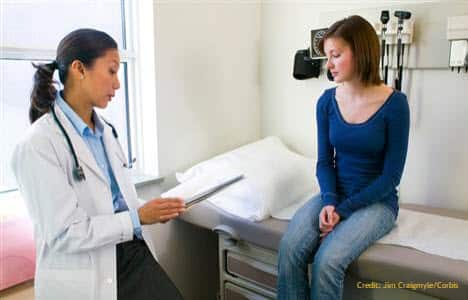
Adolescent substance use has begun to boil over in many parts of the country. Concerned parents, spurred-on by tragic stories from the opioid epidemic, are desperate to turn down the heat and protect adolescents from harm.
Among the adults searching for answers is one important group who can do more to prevent and reduce adolescent substance use: Primary care physicians and, more specifically, pediatricians.
Pediatricians routinely see patients for annual checkups, often treating the same children from birth to high school graduation. During these regular visits, they have both the opportunity to talk with adolescents and an existing relationship with them that can make conversations about substance use seem natural and easy. As such, adolescents can feel comfortable talking to pediatricians about drinking and drug use because anything they say is just between them and their doctor (unless the patient is in imminent danger).
During such confidential discussions, pediatricians have an invaluable opportunity to give their young patients information about drinking and drug use, and how it can affect their health. A quick chat about the effect of alcohol and drugs on the developing adolescent brain can greatly influence teenage decisions to either abstain or seek help if substance use is an emerging problem. In those cases, pediatricians can immediately refer them any help they need, such as putting them in touch with a mental health professional or treatment provider.
Research shows that these types of conversations between pediatricians and young people are an effective means of reducing substance-use rates. The Council on Recovery strongly supports making it standard practice for pediatricians to discuss substance use with their adolescent patients.
The Council on Recovery provides a wide range prevention and education resources aimed reducing substance use, especially among adolescents and young adults. For more information about The Council’s Prevention & Education Programs , please call 713-942-4100, email education@councilonrecovery.org or contact us online.
